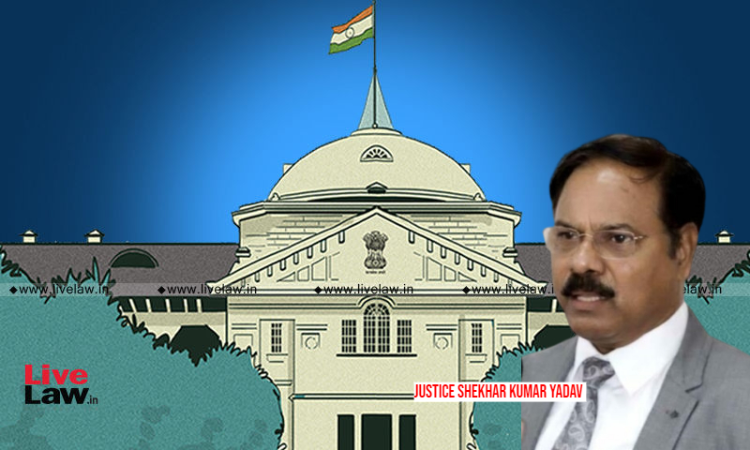Court Can Summon Accused U/S 319 CrPC Even On The Basis Of Examination-In-Chief Of Witness: Allahabad High Court
Sparsh Upadhyay
22 April 2022 4:44 PM IST

Next Story
22 April 2022 4:44 PM IST
The Allahabad High Court has observed that a court can summon a person under Section 319 of the Code Of Criminal Procedure, 1973, only on the basis of examination-in-chief of witness and the Court need not wait for the evidence of such witness to be tested by cross-examination.Here it may be noted that as per Section 319 of CrPC, in the course of any inquiry into, or trial of, an offence, a...
